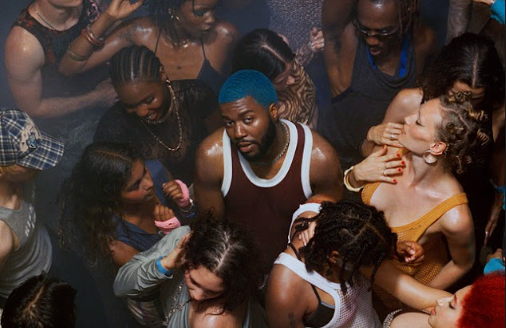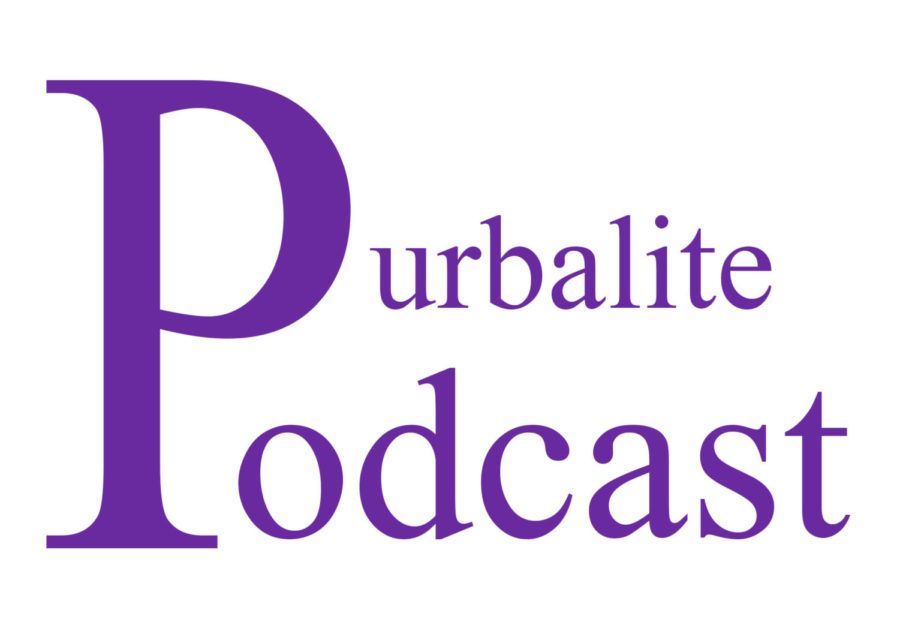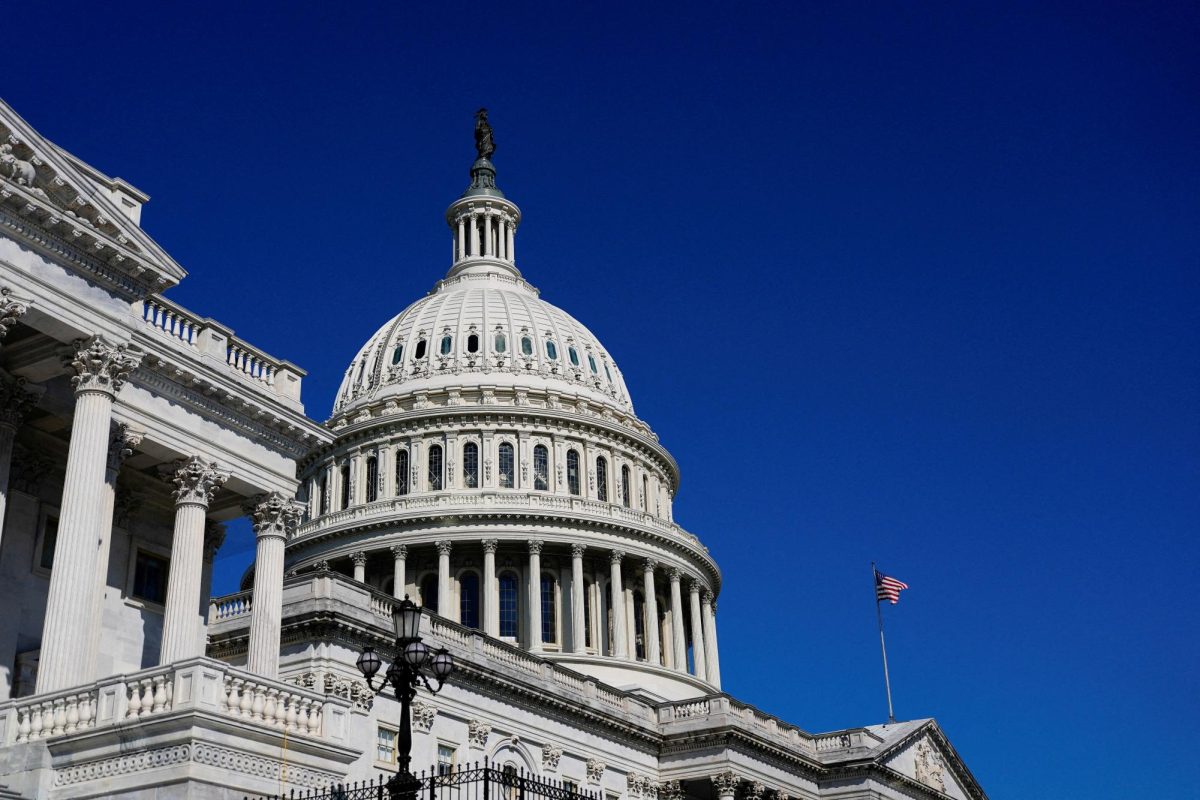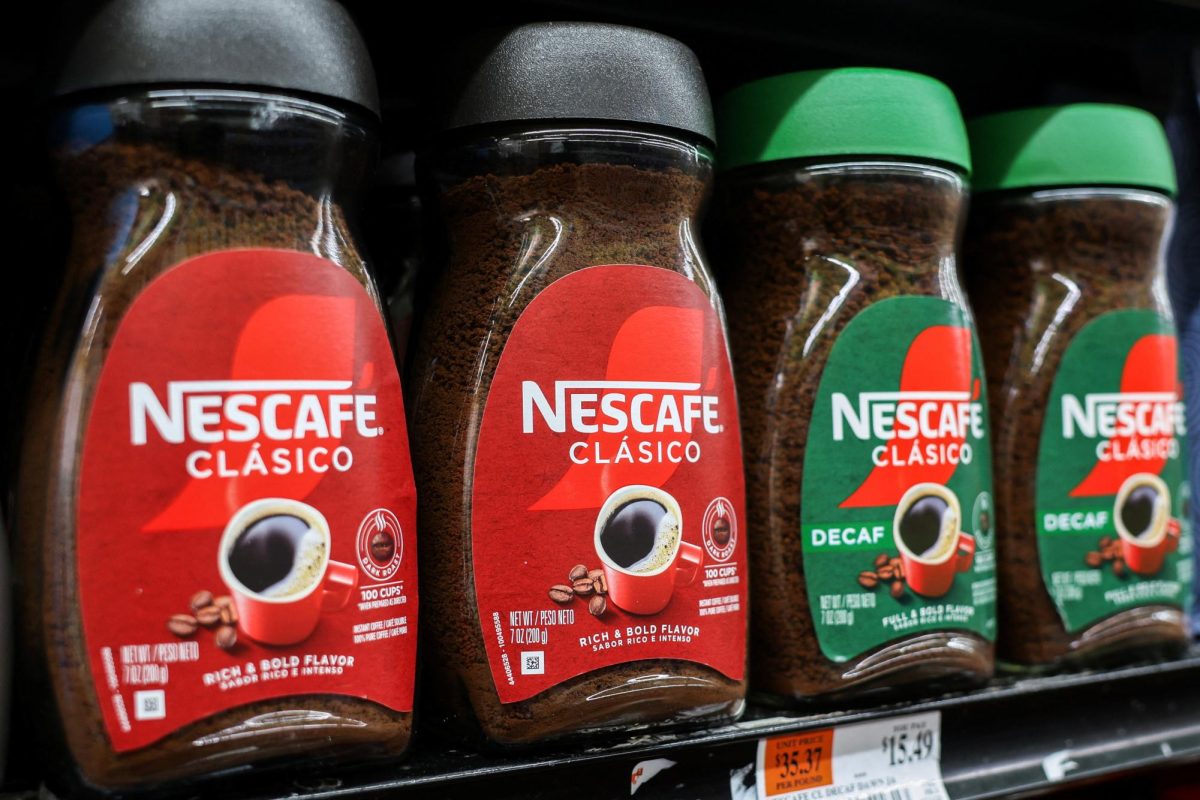To vote or not to vote: A presidential question
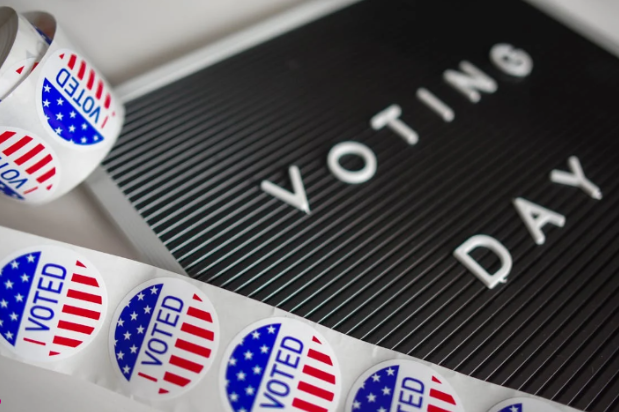
As one of the most critical elections in American history approaches rapidly, the people’s voices must be heard.
Protesting the election by not voting at all is simply abstaining from our only power as citizens. Democracy only works when the people get involved, and refusing to do so only leaves our government to its own devices, which has not benefited the public once.
Donald Trump and Joe Biden are the oldest and some of the least popular candidates ever. Still, those are the only choices presented. Those willing to protest by not voting at all could instead vote for a third-party candidate like Robert F. Kennedy, although the American party system makes it nearly impossible for someone who is not a Republican or Democrat to get elected.
Abstaining will not send a message to those in power. Not voting just leaves the election up to those who actually will be voting. For protesting the vote to be effective, the majority of the American public would have to abstain from voting, which is just as likely as Kanye West winning the presidency.
Voting is the right of the American people, but not voting won’t make those in power upset; it would strengthen them. If fewer people vote, it would be easier for enemies of democracy to abuse the system.
According to Voting and Elections: A Functional Analysis, “Elections are among the most ubiquitous of contemporary political institutions, and voting is the single act of political participation undertaken by a majority of adults in a majority of the nations in the world today.”
Voting remains a key aspect of our government. Abstaining from voting as a form of protest is simply silencing ourselves in the face of adversity with nothing to gain because the system does not prioritize citizens. This lack of priority is why voting is so integral in the first place.
With the 2024 presidential election approaching, and the major frontrunners of both parties being controversial figures, the question has arisen over whether people should simply refuse to vote.
The record voting figures from the 2020 election might have made party leaders on both sides believe that their candidates are more popular than ever, but that notion seems to be far from the truth when looking at voters’ opinions.
Voters are now more motivated by vitriol and distaste for the other candidate than they are by affinity for the candidate they are voting for or patriotism.
According to Pew Research, two-thirds of voters surveyed said that the 2020 election results were largely because people were excited to vote against Trump.
To voters, the election has become a pick between the lesser of two evils, not between two figures with qualities that make them fit to lead and who represent their side of the compass. This is especially true for political moderates who have to pick between two candidates who are both flooded with petty controversies.
According to surveys by Spectrum News, voters are extremely split on their opinions of the current presidential nominees, especially with the election being a repeat of the last one. A significant number of voters are opposed to the candidate options.
President Biden and former President Trump are 81 and 77 years old, respectively. These ages are both nearing life expectancy. Their ages also raise concerns about mental stability, as they are reaching an age where deterioration seems likely if not certain.
The fact that these two candidates are the frontrunners for their parties for the second time in a row indicates that the pool of alternative options was either too limited or poorly suited for the job.
Some would argue that by not voting, you are indirectly causing the victory of the candidate you like less. However, this would only be the case if you still have a preference, even if slight, between the given candidates.
There is a third option available for those with this conflict, one that both avoids sitting out the vote and avoids voting for someone you dislike: voting for a third-party candidate. Usually, these candidates do not gain much traction, but in the leadup to the next election, there has been much talk about Robert Kennedy Jr., an independent candidate.
Kennedy has gained traction with moderates on both sides of the compass and represents less extreme views while opposing the political establishment. But an independent victory would be a massive upset for the system pushing the major party candidates.
Reducing the number of overall votes will send a message to the party leaders that the populace is unhappy with the options that are available to them.




